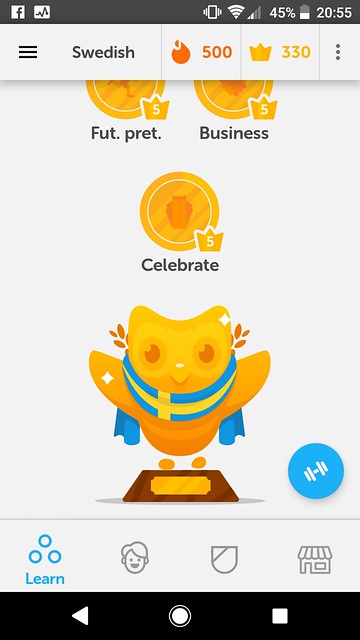Podcast: Play in new window | Download
In this episode I discuss success and failure, particularly in relation to learning languages. Are they just different ways of look at the same thing? At what point can you say that you have succeeded to learn a language, or have failed? Does it matter?
I was inspired to make this episode by a video in which Jack Conte, the CEO of Patreon shares his most epic failures.
Here’s an example of a ‘real’ polyglot – a friend of mine called Richard Simcott, who runs the Polyglot Conference and similar events.
Music featured in this episode
You can also listen to this podcast on: Apple Podcasts, Stitcher, TuneIn, Podchaser, PlayerFM, podtail and or via this RSS feed.
If you would like to support this podcast, you can make a donation via PayPal or Patreon, or contribute to Omniglot in other ways.


